All Stories
-
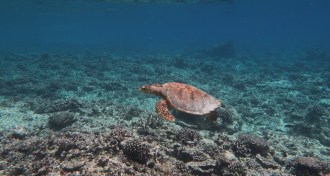 Oceans
OceansCorals are severely bleaching five times as often as in 1980
Corals are now bleaching more frequently and severely than they were in the early 1980s.
-
 Archaeology
ArchaeologyHow the Dead Sea Scrolls survived a war in the 1960s
50 years after the Dead Sea Scrolls survived a war, another possible scroll cave offered tantalizing new clues.
By Bruce Bower -
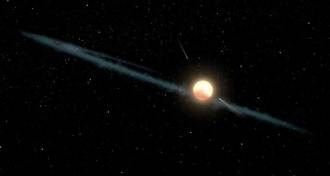 Astronomy
AstronomyAliens ruled out for why Tabby’s star flickers
The first real-time observations of Tabby’s star flickering put the final nail in the “alien megastructure” coffin.
-
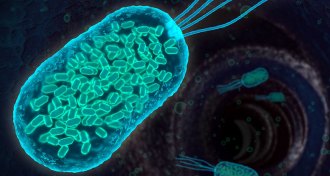 Microbes
MicrobesThese disease-fighting bacteria produce echoes detectable by ultrasound
Ultrasound can help keep tabs on genetically modified bacteria to better fight disease inside the body.
-
 Artificial Intelligence
Artificial IntelligenceAsk AI: How not to kill online conversations
Tips on not being a conversation-killer, courtesy of an AI that studied over 60,000 Reddit threads.
-
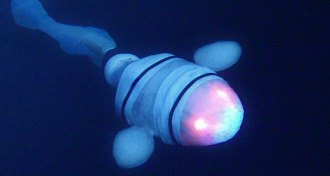 Animals
AnimalsRobot fish shows how the deepest vertebrate in the sea takes the pressure
Tests with a robot snailfish reveal why the deep-sea fish has mysterious goo in its body.
By Susan Milius -
 Neuroscience
NeuroscienceJazz improvisers score high on creativity
Jazz musicians’ creativity linked to brain dexterity.
By Kimber Price -
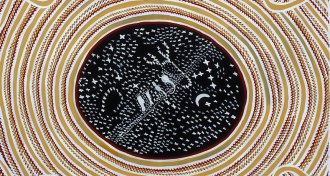 Astronomy
Astronomy86 stars get official names
The International Astronomical Union has released 86 newly official star names, based, in part, on historical star names from various indigenous cultures.
-
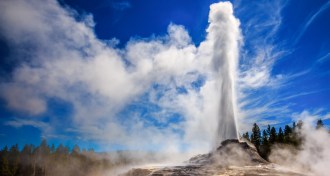 Earth
EarthA sinking, melting ancient tectonic plate may fuel Yellowstone’s supervolcano
The subduction of an ancient tectonic plate may be the driving force behind Yellowstone’s volcanic eruptions.
-
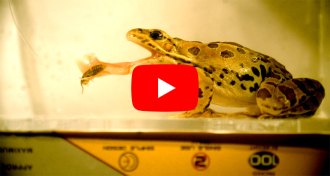 Science & Society
Science & SocietyWatch our most-viewed videos of 2017
Cassini’s demise, cuttlefish and the Curiosity rover topped our list of most popular videos of 2017.
-
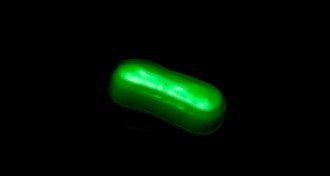 Genetics
Genetics50 years ago, synthetic DNA made its debut
Synthetic DNA has come a long way since it arrived on the scene half a century ago.
-
 Science & Society
Science & SocietyRevisiting the science stories that made us cry, think and say ‘OMG’ in 2017
Each year Science News selects the top stories for their importance and impact. But the staff’s favorite stories strike a different chord.
By Kate Travis